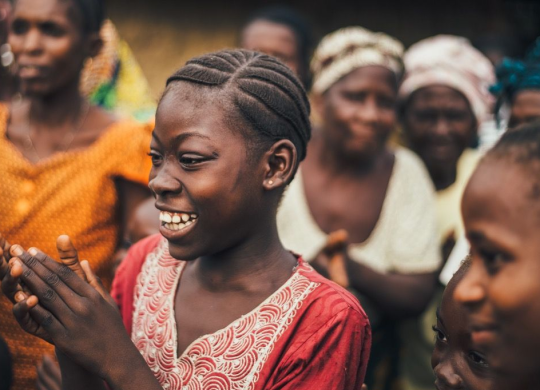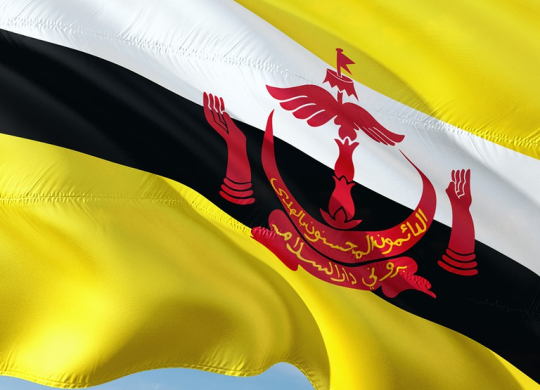Why you should know about medicine in Myanmar: all the necessary information about medical care
Table of contents

Have you ever thought about living in Myanmar? We know the idea can be controversial. However, just like any other part of the world, you will find pros and cons in this Southeast Asian country that should be taken into consideration without prejudice. Before describing some facts on both sides, you should know that the population of the country is about 55 million people, and the capital since 2005 is Nay Pyi Taw.
One issue of concern to those traveling or choosing to live in the country is pollution and access to clean water, exacerbated by frequent flooding in parts of the country. To avoid diseases such as diarrhea, always boil the water you drink or buy bottled water.
The best way to alleviate the health crisis in eastern Myanmar-where key indicators are comparable to those in Somalia-is to increase support for community-run health systems, many of which have been at war with the central government for decades.
That's one of the key recommendations from a survey of 6,620 households conducted by the Health Information System Working Group (HISWG), a network of doctors and other health professionals. The study concluded that preventable diseases such as diarrhea, acute respiratory tract infections, and malaria contribute to infant and child mortality rates that are twice as high as those reported nationally.
In 2010, Myanmar began a process of political reform and negotiated cease-fire agreements with 14 of the 16 armed ethnic groups that had fought the government for decades.
Local organizations that emerged in the east during decades of ethnic conflict have filled gaps in government health programs and regularly provide basic health care to nearly 500,000 people. Seventy percent of respondents said they had received treatment at these local facilities in the previous year; only 8 percent said they had visited government facilities.
Healthcare statistics in Myanmar
1. According to the World Health Organization (WHO), Myanmar is one of 57 countries in the world with an acute shortage of health workers, defined as having fewer than 23 health workers per 10,000 people, the minimum necessary to achieve 80 percent coverage of births and measles vaccinations.
2. According to the World Health Organization, half of the world's population lives in rural areas, but less than 38 percent of nurses and less than 25 percent of doctors work there.
3 For example, in rural Myanmar, home to 70 percent of the country's 58 million people, most villages lack basic health services. Patients take hours to get to hospitals or clinics located only in urban areas - in hilly areas, it can take almost a whole day.
4. There are 1,504 rural health centers nationwide, covering more than 65,000 villages, according to a 2010 Ministry of Health report.
Trying to fill the gap, a dozen international NGOs provide free medical care, but demand far exceeds their capacity, according to one NGO.
First aid kit
- Bring medications in their original packaging for easy identification.
- Take a letter signed and dated by a general practitioner describing the traveler's physical condition and the medications you are taking, with a generic name.
- If you have a heart condition, take a copy of an electrocardiogram taken just before your trip.
- Take an extra dose of any medication you take regularly, in case it is lost or stolen.
- Take out travel insurance.
Traditional Medicine
Traditional medicine systems are quite common in Myanmar. Home remedies should be avoided, as they are often unreliable and can lead to complications. In comparison, traditional healing systems such as Chinese medicine are respected, and some Western doctors have begun to use some practices from them.
All traditional Asian medical systems talk about life force. Techniques such as massage, acupuncture or herbal remedies are used to restore stability to this power. These treatments help with chronic fatigue, arthritis, irritable bowel syndrome, skin conditions, and other chronic ailments. Folk medicine should not be used for acute infections such as malaria.
Natural does not always mean healthy, and there can be interactions between herbal remedies and Western medicines. If both systems are used, both doctors should be informed of what the other has prescribed.
Before and during your trip, we recommend checking with the Ministry of Foreign Affairs of the traveler's country for any information regarding safety, health, and administrative formalities such as visas, etc.
Recommended articles
2 min
Treatment
Health Insurance and Healthcare in Switzerland: A Complete Guide for Expats
Access to quality healthcare in Switzerland is an important element of a successful move. Find out how the healthcare system works in Switzerland, how much health insurance costs, what basic coverage is available, and how expats can avoid costly mistakes after moving
15 Dec. 2025
More details5 min
Treatment
3 min
Treatment
6 min
Treatment
All materials and articles are owned by VisitWorld.Today and are protected by international intellectual property regulations. When using materials, approval from VisitWorld.Today is required.